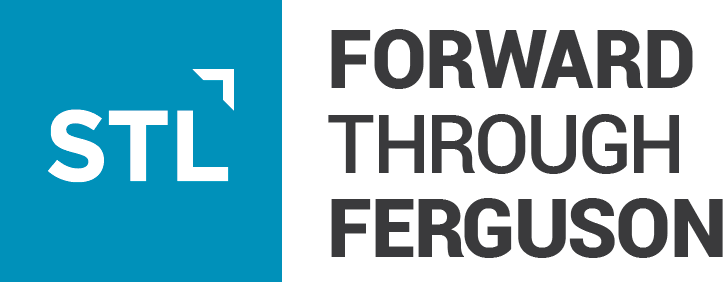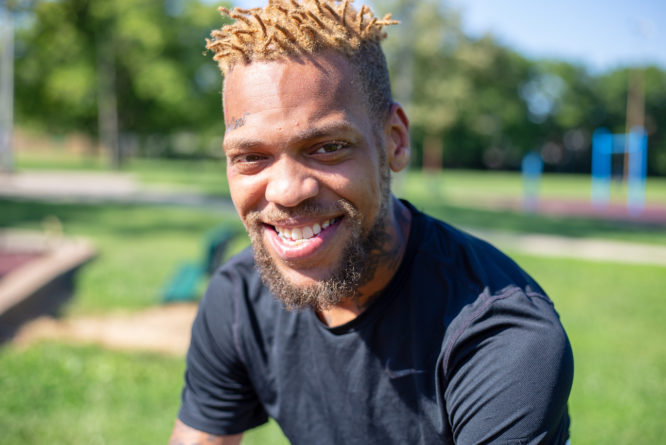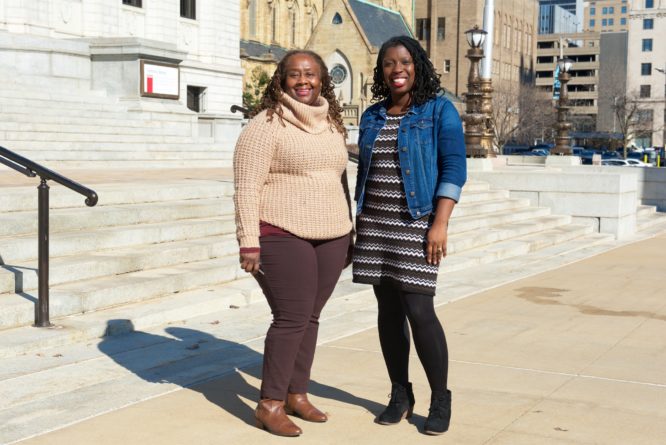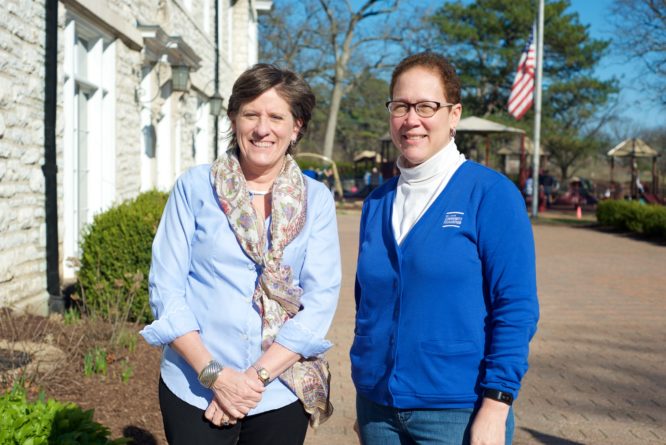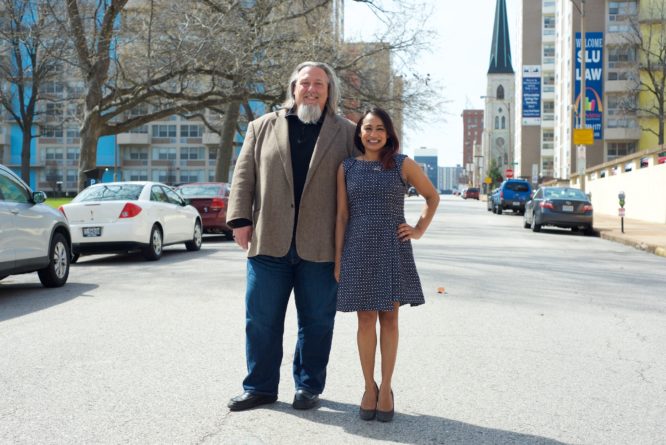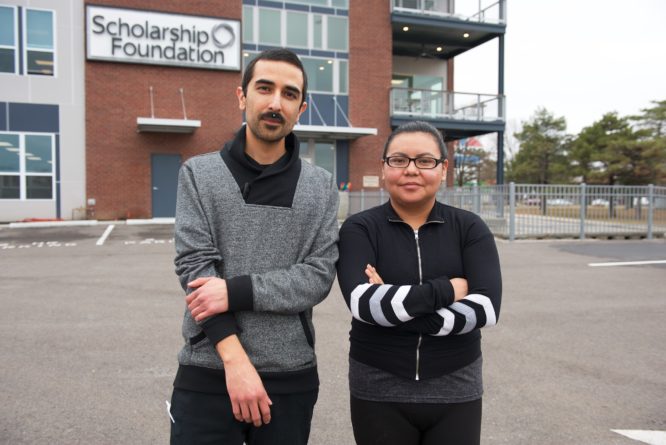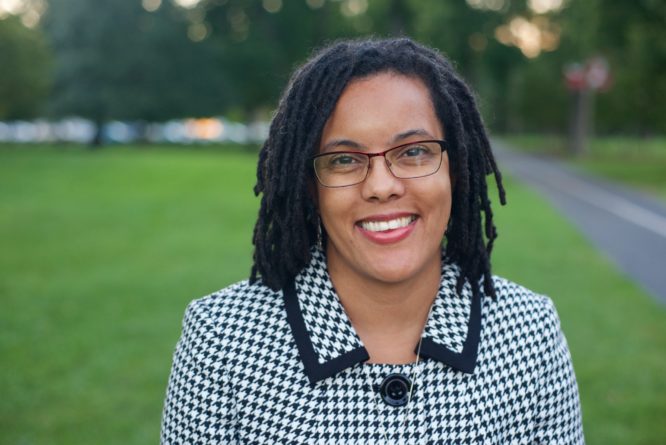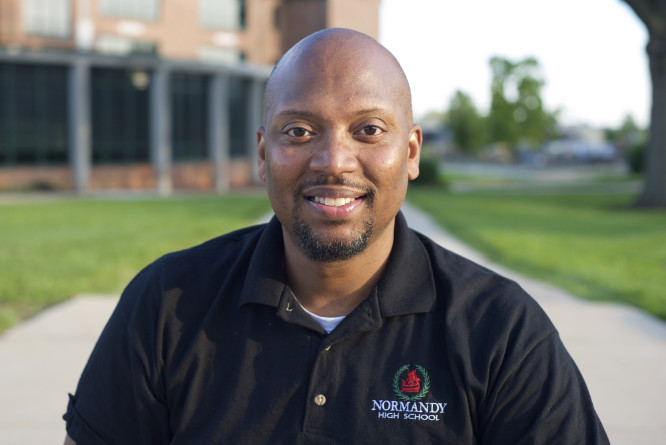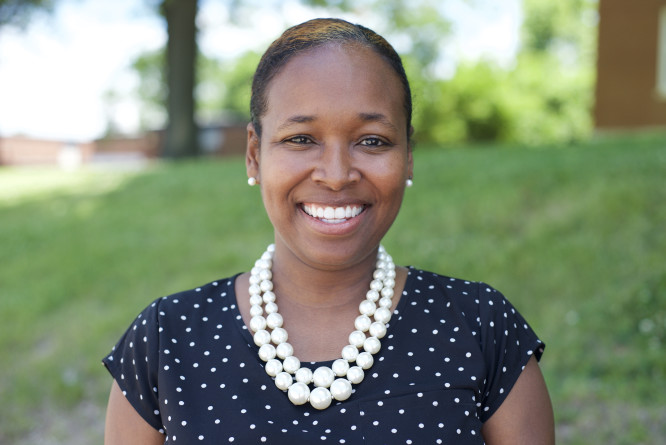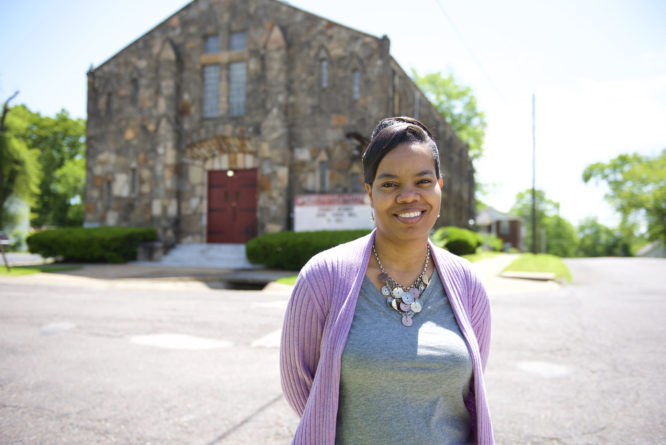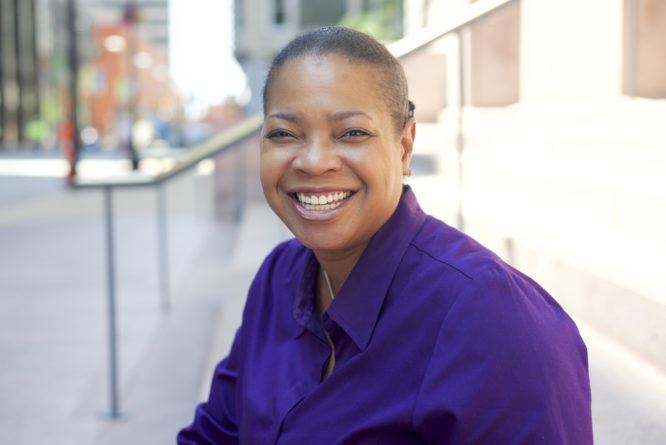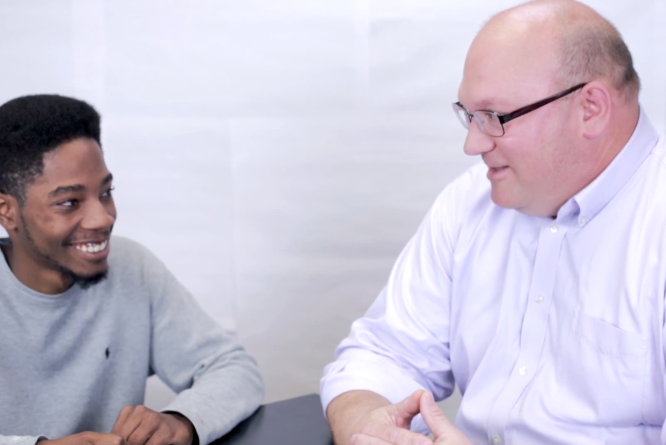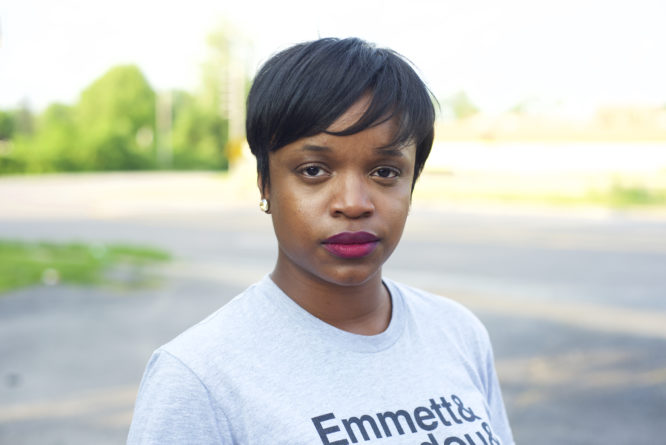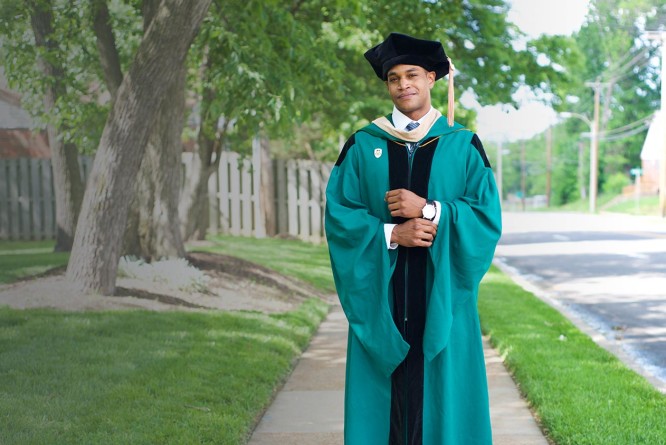Ned – #FiveYearsLater #STL2039
Community stories marking the five-year milestone after the killing of Michael Brown Jr. and the Ferguson uprising. Residents reflect on where we’ve been, where we are, and where we’re going.
Vetta and Riisa – #STL2039
Sharing the visions of St. Louis residents for a future St. Louis—in 2039—where Racial Equity is the reality and what they’re doing to achieve it today. #STL2039
Amelia and Maria – #STL2039
Sharing the visions of St. Louis residents for a future St. Louis—in 2039—where Racial Equity is the reality and what they’re doing to achieve it today. #STL2039
David and Rachel – #STL2039
Sharing the visions of St. Louis residents for a future St. Louis—in 2039—where Racial Equity is the reality and what they’re doing to achieve it today. #STL2039
Tishaura and Ellen – #STL2039
Sharing the visions of St. Louis residents for a future St. Louis—in 2039—where Racial Equity is the reality and what they’re doing to achieve it today. #STL2039
Areli and Felipe — #STL2039
This is part of the #STL2039 Action Plan storytelling series in partnership with Humans of St. Louis. Areli Reyes: I’m a DACA student and really passionate about seeing change for Brown and Black bodies out here because there are so many injustices that we’re facing. I went to a college fair and met somebody from…
Trina
It seemed like the perfect life: two kids, picket fence, great career, making money, I’m out in California with Apple. As I neared my 29th birthday, I was just feeling like, “Something is missing. I can’t put my finger on it, but this was not what life is supposed to be about.” I started doing…
Sharonica
When educational equity and access is framed as a civil rights issue in the context of the disparities that exist in St. Louis, it is imperative that we create a vision for St. Louis education that nurtures and develops our youth, and provides teachers and districts with the appropriate resources they need.
“Will We Be Heard?”
As the Commission spoke to youth across the region, we repeatedly heard that our community’s youngest members often feel unheard and disenfranchised. We must include youth in the conversation as we work to shape a better and more equitable region.
Felicia
We’re at a critical time to make a decision about who and what we are. I was bitter for a long time around this work — nobody listening, not doing the right thing, and continuing the abuses. And I have learned — because it’s been uncovered, because the scab was ripped off, because the blood…
Invest in a child’s future
Make a financial investment in a child’s savings account.
Support great school climates
While policy changes are important to changing the landscapes of our schools, it is only effective when paired with culture changes. Engage with your child’s school to facilitate a great school climate and culture for all students, teachers and administrators. This can take the form of attending PTA meetings, starting discussion groups with other parents, or…
Change your environment
Build trauma-informed communities and spaces.
Summary of Terms – Youth at the Center
A+ Scholarship A Missouri higher education scholarship program that provides scholarship funds to eligible graduates of A+ designated high schools who attend a participating public community college or vocational/technical school, or certain private two-year vocational/technical schools. The award is $500 per year with a total potential value over four years of $2,000. Source: Missouri Department…
Expand Internship and Apprenticeship Opportunities
Expand internships and apprentice opportunities for eligible high school and college students.
Reform School Discipline Policies
Reform policies and practices that disproportionately impact youth of color and students with disabilities and further compromise their ability to thrive and succeed: Reform rules pertaining to school disproportionality of behavior referrals, suspensions, expulsions, special education, advanced courses, etc. and ensure that multi- tiered levels of support are in place to prevent disproportionality and systems…
Ensure College Counseling for All High School Students
Ensure all high school students have quality college counseling. Not every high school in Missouri has a dedicated college counselor; many times caseload size prohibits meaningful guidance; guidance counseling certification should be reviewed.
Ensure Equitable Access to Rigorous High School Courses
Ensure all high school students have access to rigorous courses with quality instruction. Students need to be exposed to high-level courses in high school to garner the academic skills necessary to enter and succeed in college.
Early Childhood Education
Ensure sufficient early childhood development and education programs to meet the demand and align all efforts around a high-quality model that produces measurable child outcomes: Birth to 3 years of age: Scale-up and integrate, for the region’s most needy children and families, evidence-based early childhood programs for a continuum of care, including but not limited…
End Shame and Stigma
Develop a media campaign to minimize stigma/shame as a singular issue: A vast number of issues (hunger, mental health/illness, homelessness, obesity, poverty, incarceration, etc.) are compounded by the presence of stigma and shame. Showcase the fact that we all suffer from some stigma/shame and through these shared stories and conversations we can become more compassionate,…
Develop School Leader and Teacher Support Infrastructure
Create a school leader and teacher cohort model that promotes well-being by building connectivity and support among peers, facilitates lifelong learning and idea exchange and a ensures a personal experience within an environment of trust, respect and confidentiality Model: Young Presidents Organization (YPO)
Ensure Employer-Educator Collaborations Build a Love of Learning
Ensure all efforts and models designed to align K-12, higher education and workforce development support the social and emotional development of children, youth and young adults and broadly build life-long skills and a love of learning.
School Accreditation System
Revise the Missouri accreditation system (MSIP5). Ensure that the process of revision incorporates the following: Inclusive Participation – ensure that the revision team includes broad representation including: K-12 – district superintendents, principals and teachers Higher education representatives Parents and students Business, philanthropic and community social support representatives Lens Assessment – ensure that the new system…
Negotiate Reasonable and Equitable Transfer Rates
Negotiate a reasonable and equitable transfer rate between local school districts. Without an established tuition cap, unaccredited school districts are at great risk of going bankrupt and further compromising their remaining students’ hope for a quality education.
Amend Role of Assistance Teams
Ensure members of assistance teams are qualified, based on their past performance in failing districts with similar circumstances and omit or change language to “may” consider the recommendations of the assistance teams.
Limit Criteria for Denial of Transfers
No student shall be denied a transfer based on criteria that does not exclude him/her from attending a school in their resident district. Only students who have committed a safe schools violation be ineligible for transfer.
Adopt the Voluntary Interdistrict Choice Corporation (VICC) Calculation
Adopt the Voluntary Inter-District Choice Corporation (VICC) calculation of $7,200 as the maximum rate.
Hold Schools Accepting Transfer Students Accountable
Mandate accountability. If districts are going to accept students and funds, they must accept accountability.
Identify Convenient Transfer Schools
Prioritize accredited schools in same district when transferring students from unaccredited schools.
Create Annual Reporting Process
Create a data driven and annual reporting process capable of accounting for how regional services are provided and how dollars are spent to meet the needs of children and youth. Model: Children’s Agenda, Rochester, New York
Measuring Child Well-Being
Advance science around measuring child well-being; adopt new coordinated, scalable models for collecting data, in particular subjective well-being.
Create School-Based Early Warning Systems
Invest, at the school level, in a quarterly, early warning and coordinated community response system capable of tracking and responding to all students’ successes and challenges.
Increase Health Insurance Coverage and Access
Increase insurance coverage and access for everyone: Enroll more people in the Affordable Care Act marketplace Expand Medicaid Ensure the Children’s Health Insurance Program (CHIP) is reauthorized so school-based health centers can use this as one source of funding care. To ease enrollment into CHIP, implement “presumptive eligibility” into the school-based health center settings for all children…
Establish School-Based Health Centers & Trauma-Informed Schools
Improve childhood physical and mental health: Establish School Based Health Centers: The creation of comprehensive school based health centers in the region should include access to mental health, case management and reproductive health. These centers keep kids in school (both by preventing illness and addressing behavioral health issues that lead to suspension and expulsion), in…
Support Post-Secondary Access for DACA Students
Support postsecondary access and affordability for residents who are approved under DACA (Deferred Action for Childhood Arrivals): Allow state-supported higher education institutions to charge DACA students resident tuition rates vs. non-resident or international tuition rates. Ensure DACA (Deferred Action for Childhood Arrivals) students are eligible for all public financial aid and public benefits afforded to…
Review All State Scholarship Programs
Review state scholarship programs
Expand the Access Missouri Program
Expand Access Missouri: Increase the total budget for Missouri’s need-based scholarship program to at least the FY2009 budget amount of $92 million. Since 2009, Missouri has decreased its investment in Access Missouri, resulting in student aid awards that barely meet statutory minimums. Individual awards fall far short of meeting student financial need.
Coordinate Support Efforts
Develop a shared vision, community scorecard and system for coordinating important but fragmented efforts while valuing diversity, inclusion and transparency. Promoted model: Ready by 21
Adopt a Self-Sufficiency Model
Integrate a “self-sufficiency model” into existing services, systems and organizations that are serving the most needy children and families. A two-generational approach is essential for ensuring change, and sequencing services and supports is fundamental to building a platform capable of supporting a stable family and thriving youth. Model: Live Work Thrive
Encourage Paid Time Off for Volunteering
Promote “volunteer paid time off” for employees, including but not limited to expert giving, mentoring and tutoring.
Review the Missouri Family Support Division
Create a Missouri Blue Ribbon Commission (via Executive Order) to conduct a thorough and inclusive review of the current operating model and outcomes of Missouri Family Support Division
Create a Discounted Youth Transit Pass
Create a youth discounted public transit metro pass (through age 25) to get to services and jobs, regardless of whether or not the youth is in school or employed.
End Hunger for Children and Families
End hunger for children and families: Create policies and procedures that are client- centric. (i.e. Individuals employed in shift work jobs cannot easily answer telephone calls. Failure to answer call forces individual to go to the “back of the line”). Support and advocate for the expansion of SNAP (Supplemental Nutrition Assistance Program) and WIC (Women,…
Build Safe Neighborhoods
Support sustained, citizen-led efforts to develop safe neighborhoods, particularly the efforts of parents and families impacted by violence, and clergy working to build community and keep watch. Support should include, but not be limited to, planning, coaching, funding and service- provider coordination
Deliver Trauma-Informed Care
Design hospital-community partnerships to help heal young people impacted by violence with case management, mentorship and evidenced based trauma interventions
Create an Education Design and Financing Task Force
The role of the task force is to study the current education landscape in the St. Louis region as it relates to structure, financing and support/opportunity systems including Saint Louis Public Schools, school districts in Saint Louis County and the Special School District. The task force’s charge is to design a system where all children…
Fund Organizational Capacity and Client Outcomes
Encourage the funding community to invest in the attainment of outcomes and in capacity building versus payment for individual transactions (i.e. number of youth interviewed ). Our current and future regional issues are complex and require innovation, coordination, and collaboration.
Create an Innovative Education Hub
Create an “innovative education center/hub” capable of building an inclusive, collaborative, and multi-disciplined education environment focused on leading our region into the 21st Century from early childhood to post-secondary. All efforts should be coordinated and represented by a broad and diverse constituency including but not limited to school district leaders representing low income districts, engaged…
Create the Spirit of Missouri Fund
Create the Spirit of Missouri Fund Invest in a range of innovations that have a strong potential to impact at a large scale our state’s most vexing challenges. Broadly define innovation as any solution that has the potential to address an important issue, including new business problems, technology, new delivery systems, public policy and/or behavioral…
Supporting Career Readiness
The expert testimony, research, scholarship, and lived experience collected by the Commission revealed the following: In a recent survey, in which 50,000 employers were invited to participate and 704 responded, over half of employers across a range of industries who hire recent college graduates reported having trouble finding recent graduates qualified to fill positions at…
Providing Quality Early Childhood Education
The expert testimony, research, scholarship, and lived experience collected by the Commission revealed the following: Countless studies have shown that the early years in a child’s life, when the brain develops the most, represent a critically important window of opportunity (Consortium for Longitudinal Studies, 1983). The groundwork for much of what the average person needs…
Monitoring Child Well-being
The expert testimony, research, scholarship, and lived experience collected by the Commission revealed the following: When students drop out of high school, it can significantly impair the quality of their individual lives and the prosperity and competitiveness of the communities in which they live. On average, a high school graduate in Missouri earns $8,109 more each…
Increasing Access to Care for Children
The expert testimony, research, scholarship, and lived experience collected by the Commission revealed the following: Families and children with low incomes depend on a patchwork of systems to access coverage that makes healthcare affordable and not all of those who qualify for assistance are accessing the assistance. While public program expansions have increased the number…
Ending Childhood Hunger
The expert testimony, research, scholarship, and lived experience collected by the Commission revealed the following: According to Feeding America, the country’s largest food bank system, more than one in five of Missouri’s children (21.6 percent) live in food-insecure households (Feeding America, 2013). Food security “means access by all people at all times to enough food…
Building Safe and Trauma-Informed Environments
The expert testimony, research, scholarship, and lived experience collected by the Commission revealed the following: Each year in the United States approximately five million children experience some form of traumatic experience (National Center for Mental Health Promotion and Youth Violence Prevention, 2012). More than two million of these are victims of physical and/or sexual abuse…
Fostering Innovation and Organizational Capacity
The expert testimony, research, scholarship, and lived experience collected by the Commission revealed the following: There were 18,584 public charities in Missouri in 2003 (National Center for Charitable Statistics, 2013). This number increased by over 20 percent in 2013 when there were 22,593 public charities in the state. The state was also witness to a…
Providing Rigorous Primary and Secondary Education
The expert testimony, research, scholarship, and lived experience collected by the Commission revealed the following: High schools that serve predominantly low-income students usually have the least experienced and least qualified teachers, provide limited or no access to school counselors, and offer a less rigorous curriculum than schools that serve primarily affluent students (CLASP, 2015). Roughly…
Enhancing Auxiliary Services’ Ability to Support Youth
The expert testimony, research, scholarship, and lived experience collected by the Commission revealed the following: Missouri’s Family Support Division assists hundreds of thousands of children and adults each year through the delivery of services such as temporary financial assistance, Medicaid, medical care for pregnant and non-pregnant women, and food stamps (Family Support Division, 2013). Several…
Enhancing College Access and Affordability
The expert testimony, research, scholarship, and lived experience collected by the Commission revealed the following: As a New York Times article puts it, “Yes, college is worth it, and it’s not even close. For all the struggles that many young college graduates face, a four-year degree has probably never been more valuable” (Leonhardt, 2014). Studies…
Reforming School-Based Discipline
The expert testimony, research, scholarship, and lived experience collected by the Commission revealed the following: In 2011-2012, nearly 3.5 million public school students were suspended out of school at least once (Morgan, et al., 2014). Recent estimates suggest that one in three students will be suspended at some point between kindergarten and 12th grade (Schollenberger,…
Optimizing School Accreditation and Transfers
The expert testimony, research, scholarship, and lived experience collected by the Commission revealed the following: In January 2013, the Normandy School District in St. Louis County lost its accreditation, joining the Riverview Gardens School District, which lost its accreditation in 2006 (FOCUS St. Louis, 2014). The State Board of Education awards accreditation to districts that…
Relationships: Rasheen and Kevin
Commissioners Rasheen Aldridge, an activist, and Kevin Ahlbrand, a detective sergeant with the St. Louis Metropolitan Police Department, talk about their experiences joining the commission and working together towards positive change in the St. Louis region.
Preston and Sharon
Our youth present our greatest opportunity to impact positive and lasting change. Addressing our endeavors to the whole child through education, health, encouragement, support, and opportunities will fundamentally change their lives now and their futures forever.
